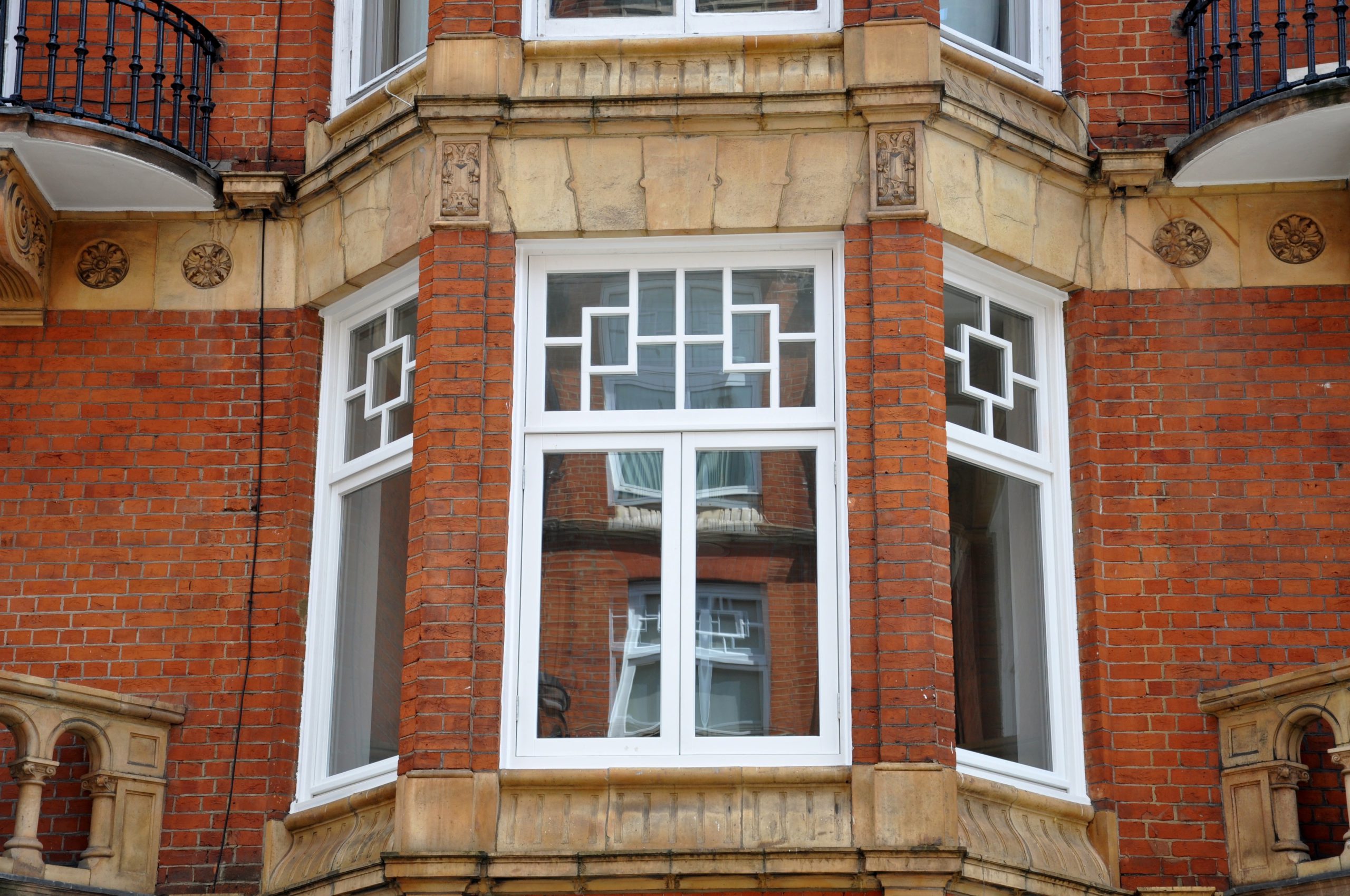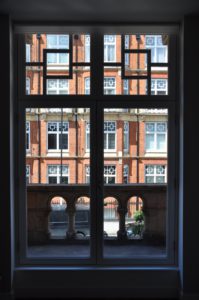
Casement Windows
Casement Windows
Casement windows are among the most commonly installed window types in Europe. In the UK, you can see them right, left, and centre. They come in a vast range of materials, designs, sizes, and colours, which makes them one of the most versatile windows. The sashes open on hinges, in a door-like manner, allowing you to air the room quickly and effectively.
If you are looking for something easier to use than the classic Georgian- or Victorian-style sash windows, consider purchasing casement windows. London is where you will find some of the best wooden casement window manufacturers on the continent. Their products are worth every penny since they have a long list of assets.
Key advantages of casement windows
In the UK, casement windows first appeared around the 18th century, in the Georgian era. Back then, however, casement windows used to be framed in iron and had shutters that opened inwards. These days, the sashes, mounted in wooden or plastic frames, are swung outwards, which means that you don’t need as much space to use them.
On the contrary – they require almost no room for manoeuvre, which makes them a perfect fit for any hard-to-reach spots in your house: for instance above the dining table, kitchen sink, or a child’s desk. Apart from that, they also have several other essential advantages. What are they?
Airtightness
Tight seals on all sides of casement windows result in significantly increased energy efficiency. In the winter, the warm air from within the building is prevented from escaping, which translates into lower heating bills. During the warmer months, on the other hand, the heat is kept outside, while the interior remains pleasantly cool. Thanks to their characteristic construction, the temperature and airflow in your house can be controlled more tightly.
You can supply much or little fresh air, depending on your current needs, by swinging one or more sashes wide open or leaving them only slightly ajar. The tightness of seals and locks has yet another substantial benefit: heightened security. Not only will casement windows protect you from excessive heat loss, but also potential intruders.
Ease of use and cleaning
This advantage is of great practical value – especially to those with limited mobility. Modern casement windows with ergonomic handles can be opened, closed, and locked almost effortlessly, which makes them a good option for seniors or persons with disabilities. Very little physical strength is needed to operate casement windows. London is, furthermore, not the cleanest city. Due to thick traffic and heavy smog, it is a rather laborious task to keep the windows clean throughout the year.
Thankfully, casement windows pose a very little problem when it comes to this aspect. They normally have much fewer (or none at all, depending on the design) muntin bars than the popular sash windows, which is why they may look less charming but are far more painless to keep clean.
Unobstructed view
The bigger, undivided glazed area of a casement window sash adds to the enjoyment of admiring a lovely view. For the rooms where you would like to be able to look out onto the street or your garden, but where an unopenable picture window wouldn’t do, casement windows are a great happy medium.
If you want a smile to spread over your face every time you gaze through the window, choose casement windows with large, muntin-free panes. They will also let in more natural light, brightening even a normally dark room. Big, simple-design casement windows are the height of architectural fashion.
French casement windows
If you like the idea of having an unobstructed view from your house and of letting in a maximum amount of daylight, French casement windows are the best option for you. The difference between this particular subtype of casement windows and the rest of them lies in the design. The construction itself, as well as the opening mechanism, is the same, but French casement windows usually have precisely two sashes, with no further division into smaller glazed areas.
Thanks to that, they enable the light to pour into the room and brighten up the entire space. Mounted in a timber frame, possibly with fancy golden handles, French casement windows look effortlessly chic.
Flush casement windows
Unlike in the case of French casement windows, the characteristic feature of flush casement windows has less to do with the design of the glazed area, and more to do with the construction itself. Flush windows are essentially the ones with sashes sitting evenly in the frame – without any protruding areas.
This window style dates as far back as the 16th century and can still be spotted in many period buildings preserved in conservation areas. The windows manufactured nowadays, however, have infinitely better thermal and acoustic properties than their predecessors. If you decide to purchase a set of flush casement windows, London is the place to begin your search for the perfect products, as it is home to many of the best window and door manufacturers, such as Sash Factory.
uPVC or timber casement windows – which are better?
Casement windows come in a variety of colours, designs, sizes, and materials. While the first two can depend entirely on your taste, the other two should be chosen concerning certain specifications, such as the size of window openings, and conditions – for example, the weather. The material used in the window production process is of central importance.
Today, it is still more common to produce casement windows from uPVC, although timber frames are quickly regaining the popularity they started losing in the 1960s. Back then, plastic windows quickly conquered the market thanks to lower product prices. Now, however, people are once again beginning to see the advantages of timber casement windows. London is where some of the best British window manufacturers are based, many of whom specialise in bespoke wooden windows.
The tendency to opt for wooden casement windows rather than uPVC is entirely justifiable. Foremost, wood is more environmentally friendly, which in itself is a key asset in the times of growing awareness of the planet’s struggle with plastic waste.
Secondly, if regularly and properly maintained, timber is energy-efficient – by preventing excessive heat loss, it will help you lower your heating bills. Finally, it is more solid and weatherproof than plastic, and resistant to mechanical damage, warping, and decolouring. If you are searching for an elegant and practical replacement for your current windows, pick wooden casement windows. London has much to offer when it comes to top-quality joinery manufacturers.
Casement windows from Sash Factory – pricing and lead time
Whether you wish to order regular, flush, or French casement windows, London is the right place to start looking for the perfect product. At Sash Factory, we manufacture bespoke timber casement windows of top quality. Our experienced staff is ever-ready to walk you through the process of picking the window type that will best fulfil your requirements.
We specialise in wooden joinery and cater to the needs of each customer with premium, made-to-measure products. Regardless of whether you’re a developer, home or business owner, we will provide you with unique casement windows, taking into account all of your ideas and demands.
Our product range includes bespoke casement windows made of oak, larch, pine, spruce, or meranti wood. Regardless of which wood type you decide on, we guarantee that the provided product will be made-to-measure just for you, manufactured in our factory and carefully scrutinised before installation.
We go to great lengths to be able to present you with the window or door you envisioned. To find out what the cost of bespoke casement windows would be, please request an individual quote. The production process of our bespoke timber casement windows lasts between 6 and 20 weeks, depending on the project’s complexity level. The premium quality of our bespoke wooden windows reflects the excellence of our service.

